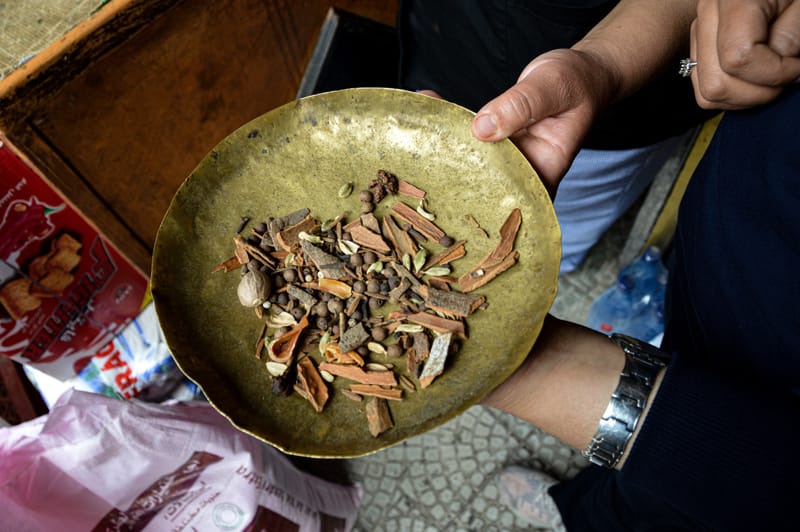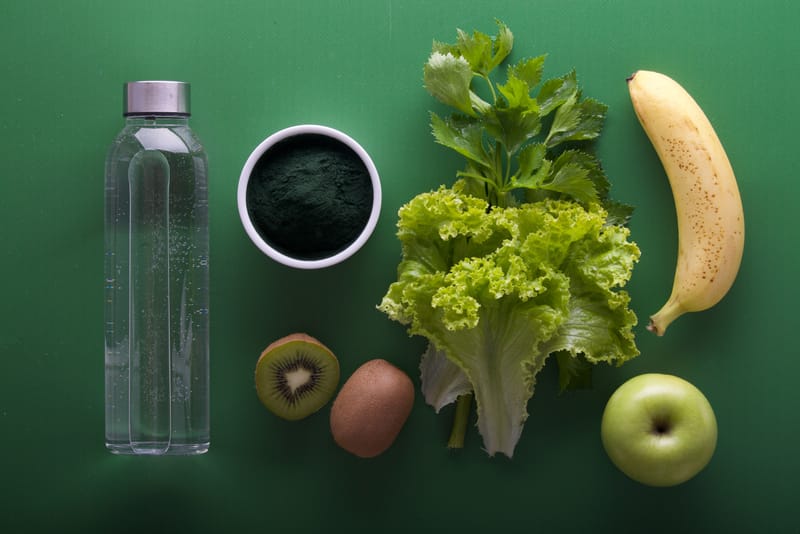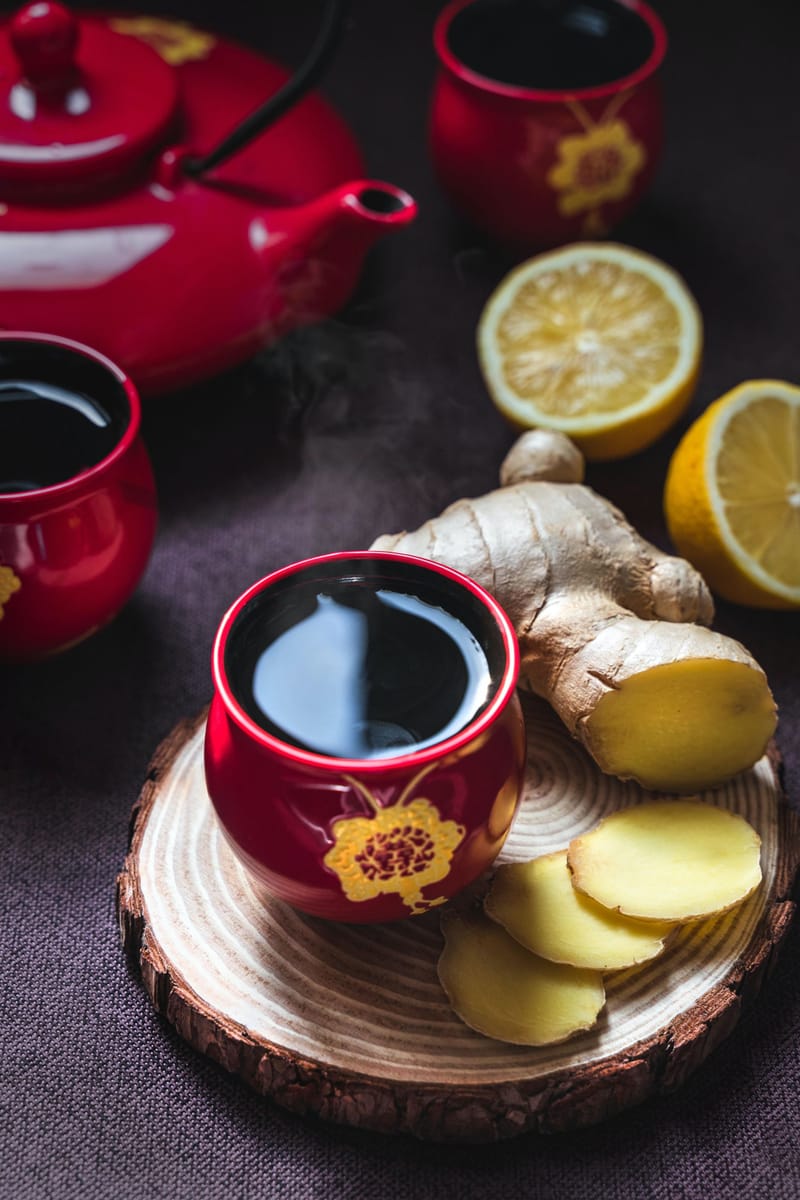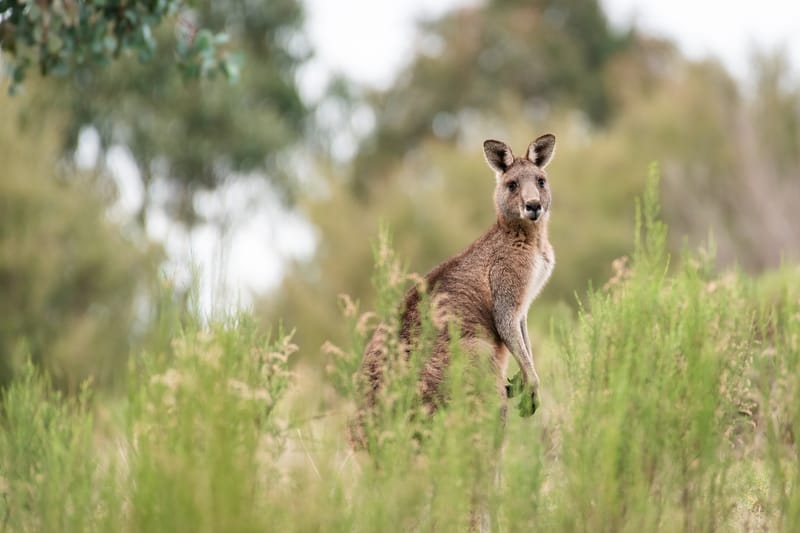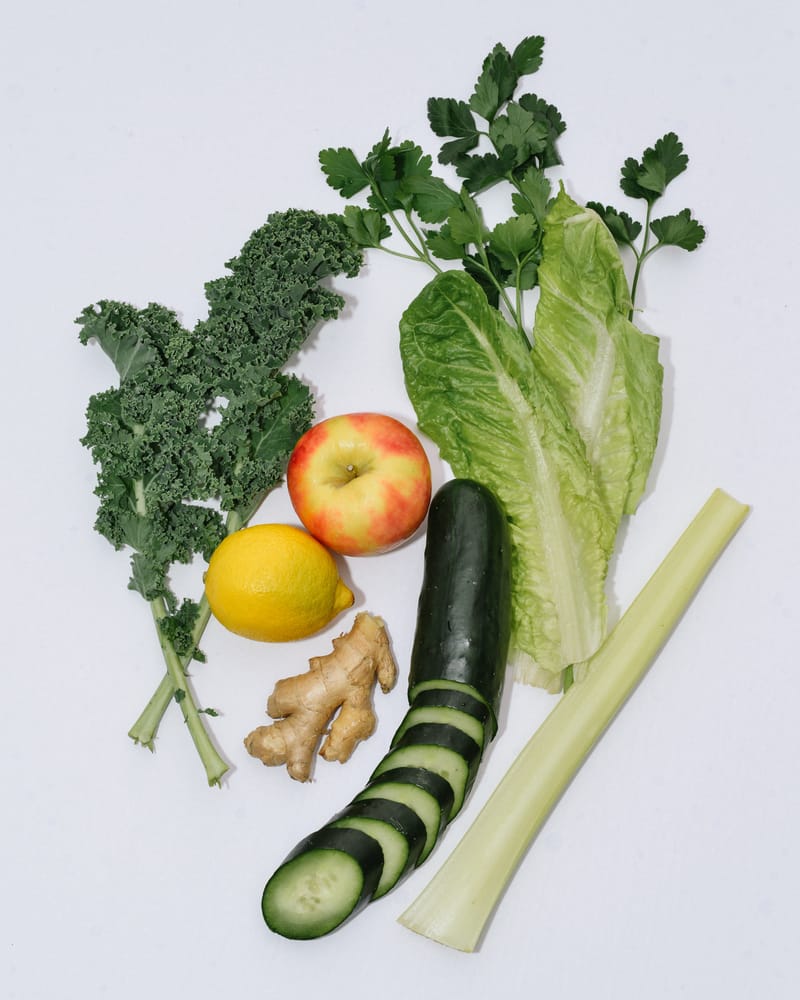Blog
Welcome to the world of Fresh Ginger
From its early use as a medicinal herb to its place in modern culinary culture, ginger has proven to be a versatile and valuable ingredient. Its unique flavor and health benefits have made it a popular choice for home cooks and professional chefs alike, and it will continue to be a beloved ingredient in American dishes for years to come.
Read MoreFresh ginger is a tasty and nutritious addition to any diet. Its anti-inflammatory, antioxidant, and digestive benefits make it a powerful superfood that can help to support overall health and prevent disease.
Read MoreGinger is easily accessible and can be consumed in many forms such as teas, supplements, or adding it to meals. It's a natural remedy that one can enjoy as part of a healthy lifestyle, and its benefits go far beyond treating cold and flu symptoms.
Read MoreGinger is a root vegetable that is widely used in Ayurvedic medicine and lifestyle practices. Ayurveda is a traditional form of medicine that originated in India
Read MoreGinger-flavored desserts are also very popular in Indian cuisine. One such dessert is Ginger Kulfi, a frozen dessert made with milk, cream, sugar, and ginger.
Read MoreAdding ginger to your diet can improve your overall health and well-being, and it is a great way to add flavor to your meals.
Read MoreBy incorporating ginger into Indian meals, individuals can enjoy delicious and healthy food. With its rich flavor and health benefits, ginger is an essential ingredient in Indian cuisine.
Read Morethe Australian ginger market is a small but growing industry, with strong potential for further development. While there are challenges facing the market, there is still a growing demand for ginger from health-conscious consumers and the increasing Asian population in the country
Read MoreGinger is a root with a unique spicy aroma and taste that is widely used for both medicinal and culinary purposes. Its use in Middle Eastern cuisine dates back to ancient times, where it was highly valued for its medicinal properties and unique flavor.
Read MoreFresh ginger has a rich history of traditional uses in Italian cuisine. From antipasti to pasta, meat dishes, and desserts, ginger is a versatile ingredient used to add flavor and complexity to dishes.
Read More